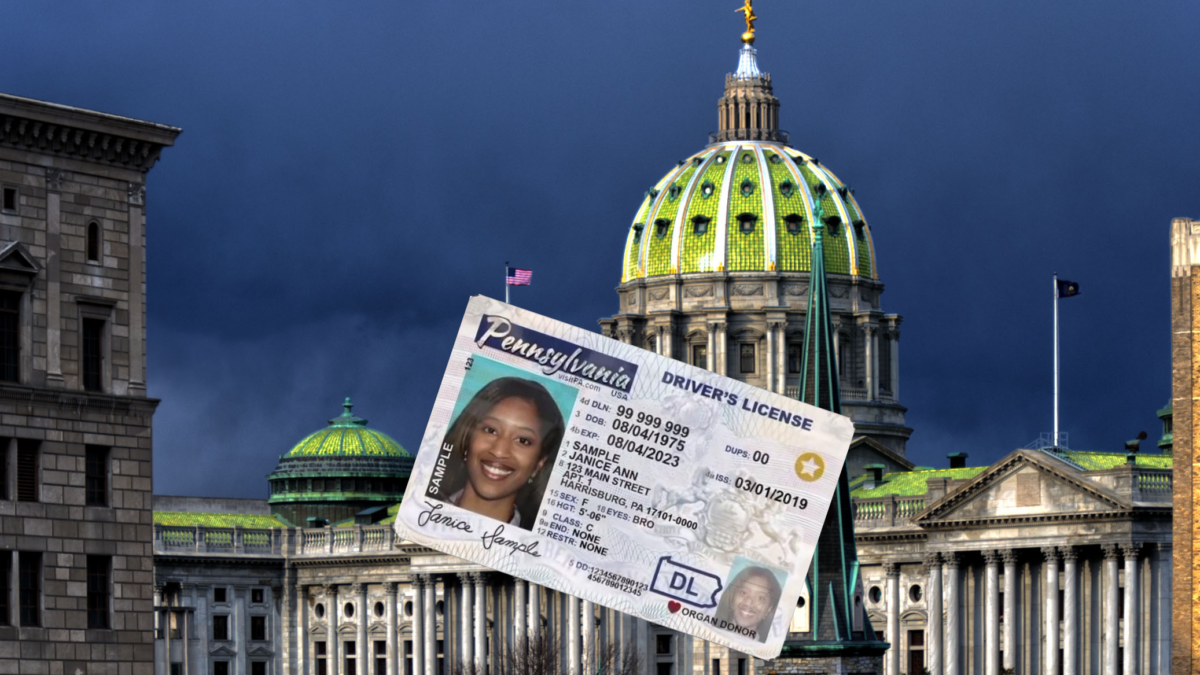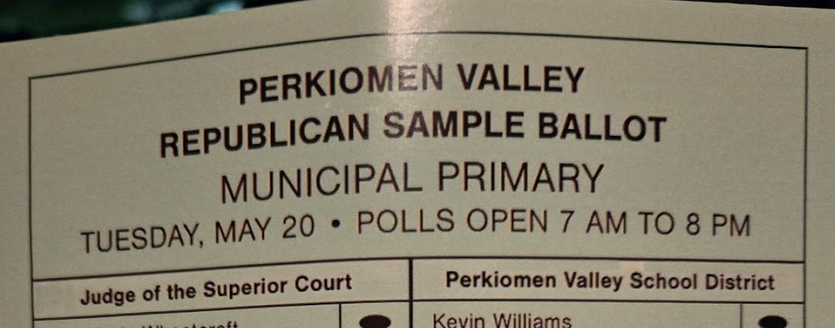Wolf vetoes Pennsylvania election reform bill
Pennsylvania Gov. Tom Wolf made good on a promise to veto an election reform bill that crossed his desk Wednesday.
The long anticipated move came as the governor said in his veto message that the bill is “incurably riddled with unacceptable barriers to voting,” including the expansion of voter ID, signature-matching requirements, shortened registration deadlines and population-limited drop boxes.
“This bill is ultimately not about improving access to voting or election security, but about restricting the freedom to vote,” Wolf wrote in his message. “If adopted, it would threaten to disrupt election administration, undermine faith in government, and invite costly, time-consuming, and destabilizing litigation.”
The veto triggered condemnation from Republican lawmakers furious over the administration’s perceived unwillingness to negotiate a compromise.
“To say I am disappointed in Wolf’s lack of action is an understatement,” said House State Government Committee Chair Seth Grove, R-York. “Though Wolf has put on blinders to problems within our election process, it doesn’t mean the problems do not exist.”
Grove authored House Bill 1300 after conducting 10 committee hearings earlier this year that investigated election administration issues statewide. He said many of the contested provisions in the bill, such as the shorter deadline for voter registration, came at the request of overwhelmed and under-resourced county election officials.
“Since 2016, voters have made their frustrations over the wait times at polling places, confusing voting guidelines and other issues known,” Grove said. “Unfortunately, Wolf has plugged his ears to their complaints. … Even at his own polling location in York County this past primary election, voters had a two-hour wait.”
Wolf and Democrats insist the hearings and accompanying bill were little more than a witch hunt for perceived wrongdoing that skewed the election results in President Joe Biden’s favor – a charge Grove and other Republican lawmakers deny.
“A recent poll by Franklin & Marshall College in Lancaster, found that 74% of those polled support voters having to show an identification card and 81% are in favor of signature verification,” Grove said. “The numbers don’t lie.”
Wolf pushed back during a Wednesday news conference, saying the “type of voter ID” in HB 1300 is “selectively discriminatory” and suppressive.
“I think the people of Pennsylvania do not want to see voter suppression,” he said. “We don’t want to be Arizona or Texas or Florida. We believe our democracy is important … and that’s why I vetoed the bill.”
Under current law, first-time voters at a polling place must provide photo ID before casting a ballot. HB 1300 requires ID every time a resident votes and includes a range of acceptable forms, from driver’s licenses to utility bills to the option of signing an affidavit on site.
Grove said Wolf’s veto forces the General Assembly to pursue a constitutional amendment on the matter instead. The Senate approved a bill last week that would, if approved by the General Assembly in two consecutive sessions, allow residents to decide whether an ID should be required each time a voter casts a ballot.
Under current law, first-time voters at a polling place must provide photo ID before casting a ballot. HB 1300 requires ID every time a resident votes
Governors can’t veto proposed constitutional amendments. That’s why, Grove said in a news release last week, HB 1300 represents the “best deal” he’s going to get for the remainder of his term.
“This will take election reform directly to the people, the majority of whom support the measure, and bypass the executive branch,” he said.
This article was republished from The Center Square
Christen Smith follows Pennsylvania’s General Assembly for The Center Square. She is an award-winning reporter with more than a decade of experience covering state and national policy issues for niche publications and local newsrooms alike.




